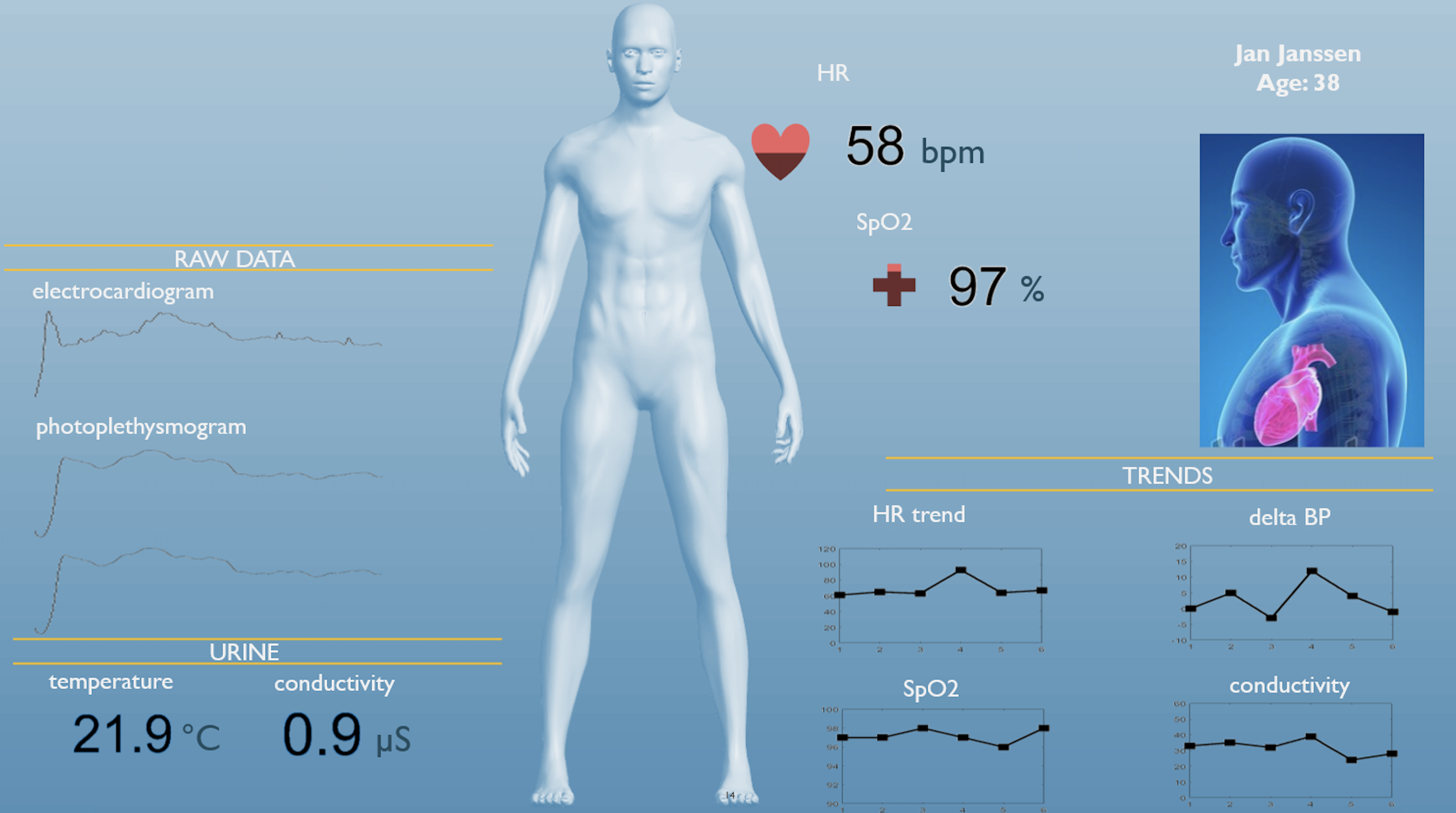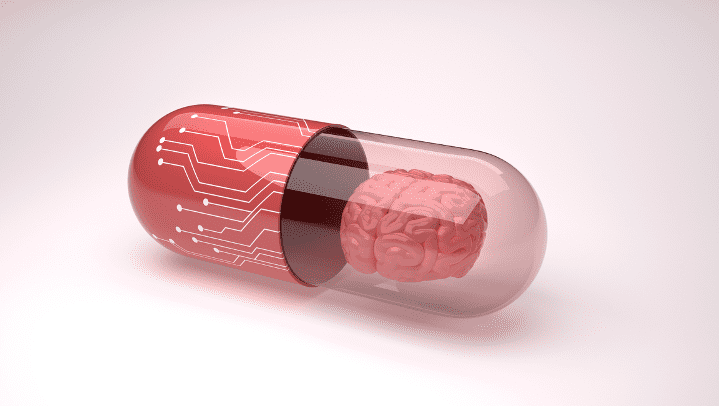How to warn people at an early stage that they have Parkinson’s or Alzheimer’s? Or that the disease is progressing? And how can we then optimally support them in their daily lives, so that they gain more control over the course of their disease? In the ICAI lab AI for Risk Profiling and Decision Support (AI-RONDO) researchers use artificial intelligence to enable early detection and personalized feedback.

Parkinson’s and Alzheimer’s cannot (yet) be cured, but it is possible to optimize the daily functioning of people with these conditions. By taking preventive measures at an early stage and slowing down the process. To make this possible, Radboud University, Radboudumc and imec in OnePlanet Research Center, together with industry and societal institutions, are joining forces in the ICAI lab AI-RONDO, focusing on two pillars:
- Mapping the risks of Parkinson’s and Alzheimer’s disease at an early stage (risk profiling)
- Providing additional and personalized support to people who have the diseases (decision support)
Risk profiling
There is already a lot of data on patients suffering from Parkinson’s and Alzheimer’s. By using AI algorithms and models on this information, new links can be found and for example groups facing an increased risk of developing complications can be pinpointed. Using these enriched data it is possible, following diagnosis, to prescribe treatment for a patient specifically designed for their personal risk profile. The signs – such as speaking more softly, articulating less clearly, a change in walking patterns or heart rate – that indicate that something is going wrong, can be analyzed. On the basis of a sign like this, a care provider can prevent further deterioration.
Decision support
AI-RONDO will use digital tools to collect data in the home situation and to provide the patient with personalized feedback. For example an app linked to a bracelet that provides an analysis of how symptoms changed over the course of the day, linked to the taking of medication. Or an avatar, a virtual assistant that engages in conversation with the patient while simultaneously collecting new data on the progression of the disease from their speech. This extra support – in addition to regular care – offers patients more information on and a greater understanding of their own health. This means they have greater control and are able to delay the disease’s progress themselves.



